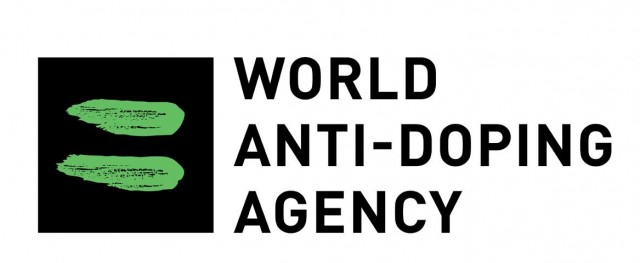The International Olympic Committee (IOC) has been holding onto the blood and urine of thousands of potential steroid users who participated in the 2004 Olympic Games in Athens, Greece. They are stored in an official Olympic storage center in Lausanne, Switzerland for the urine and blood of elite athletes.
The entire world considered it “creepy” when strength and conditioning coach Brian McNamee would keep the bloody gauze and steroid-containing syringes of famed Major League Baseball pitcher Roger Clemens for seven years. However, collecting and saving athlete urine and blood is the new norm under the World Anti-Doping Agency (WADA) guidelines. And the IOC is a signatory to the WADA Code.
WADA requires that urine and blood samples be stored for a period of eight years before they are destroyed. They hope this gives anti-doping researchers extra time to uncover previously-unknown designer steroids and performance-enhancing drugs (PEDs) with new and improved methods of detection. In addition, they hope that improved, more sensitive anti-doping screens for insulin and human growth hormone (hGH) can retroactively catch more dopers from Athens.
David Howman, the WADA general director, told the Associated Press that he wants to keep steroid-using athletes in a state of fear for years after they think the beat the system.
“This is the very message that we wanted when we asked people to store for eight years,” said Howman. “If you cheated and you thought you got away with it, you might have to think again. Don’t look yourself in the mirror until the eight years are up.”
The IOC is scheduled to destroy the samples on August 29, 2012. WADA doesn’t want that to happen until they have one last chance to catch all the steroid users that have made them look bad by avoiding detection in Athens.
The 2004 Athens Olympics was one of the most successful for WADA. They caught a record 26 users of steroids and PEDs including two gold medalists. This far exceeded the previous Olympic record of twelves at the 2004 Los Angeles Olympics. WADA hopes they can improve upon their record.
Arne Ljungqvist, the IOC medical commission chairman, acknowledged that, if the IOC agrees to WADA’s request, the details about steroid testing for frozen Athens samples remain under discussion. The specific drugs, whose samples and how many re-tests to perform are topics that remain under consideration.
Officials acknowledge that there has been no new information about undetectable drugs used in Athens. The primary advance for anti-doping researchers involve tests for hGH and insulin.
The IOC would most likely test only sports considered at “high-risk” for steroid and PED use, athletes and medalists who have raised suspicions among anti-doping officials, and for specific drugs like hGH and insulin. The number of re-tests would most likely be between 100 and several hundred samples.

Source:
Wilson, S. (May 8, 2012). IOC to Likely Retest Athens Samples. Retrieved from http://abcnews.go.com/Sports/wireStory/apnewsbreak-ioc-mulls-retest-athens-samples-16303632

